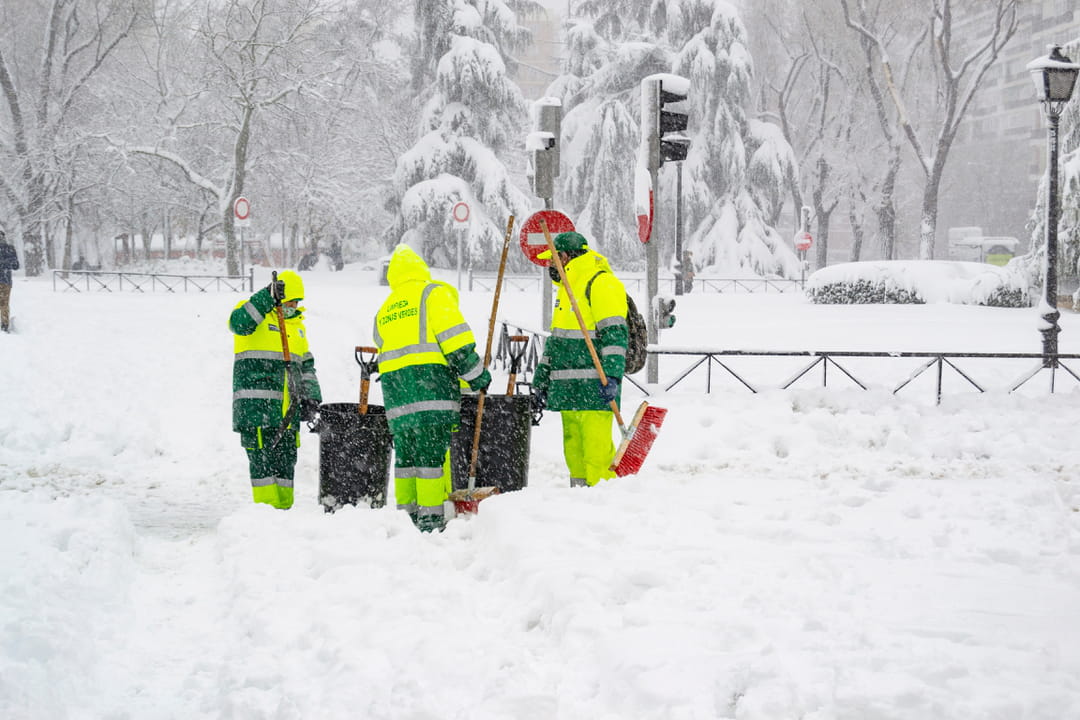Freezing temperatures can be very uncomfortable during extreme cold spells. Good news, they can make you miss a day of work… under certain conditions.
Mornings are getting harder and harder. With the freezing temperatures falling this week, the French are doing their best to cope with this cold snap. With temperatures going down to -10°C according to forecasts Weather Francemany things become more difficult: leaving the house, getting behind the wheel, and even staying in shape! L’Health insurance has indeed noted an increase in cardiovascular diseases as well as respiratory and infectious conditions in recent days.
Stuck between risks and obligations, employees are therefore tempted to stay warm under the duvet. Regardless, it is indeed possible not to go to work because of the cold… under certain conditions. To know them, just look at the labor code. This does not set a minimum temperature below which it is prohibited to work. But it requires employers to take “necessary measures to ensure safety and protect the physical and mental health of workers”.

In periods of extreme cold, these preventive actions are more important than ever. Indoors, the premises must be heated according to the minimum recommendations, i.e. 19°C on average, notes Me Elena Konopnicki, lawyer specializing in labor law, interviewed by actu.fr. Outdoors, it’s the same principle: to protect your employee from the cold, specific equipment – insulating clothing for example – must be provided. If your boss doesn’t protect employees working outdoors and ensure their equipment protects them, they can call in a work stoppage.
If you are faced with a superior who neglects your well-being at work, in fact, you have the possibility of exercising a “right of withdrawal“. This prerogative allows “the employee to refuse to take up his workstation or to leave it, without having the prior agreement of his employer”. To benefit from it, the employee must inform his superior, orally or in writing, by describing clearly the risks incurred in the exercise of his profession.
Please note, it is impossible to request a right of withdrawal for slightly cold fingers, a frozen windshield or a snowy road on the way to work! As specified by the National Institute of Research and Safety for the Prevention of Work Accidents and Occupational Diseases (INRS), this notion of “risks incurred” strictly applies only to situations of “serious and imminent danger for one’s life or health”, “due in particular to exposure to very cold temperatures” and if the exposure is too prolonged.
During this period, your superior is also required to continue payment of salary, provided that the withdrawal is deemed legitimate. If it is possible, however, your superior has the right to offer you teleworking to avoid exposing you to the cold.
